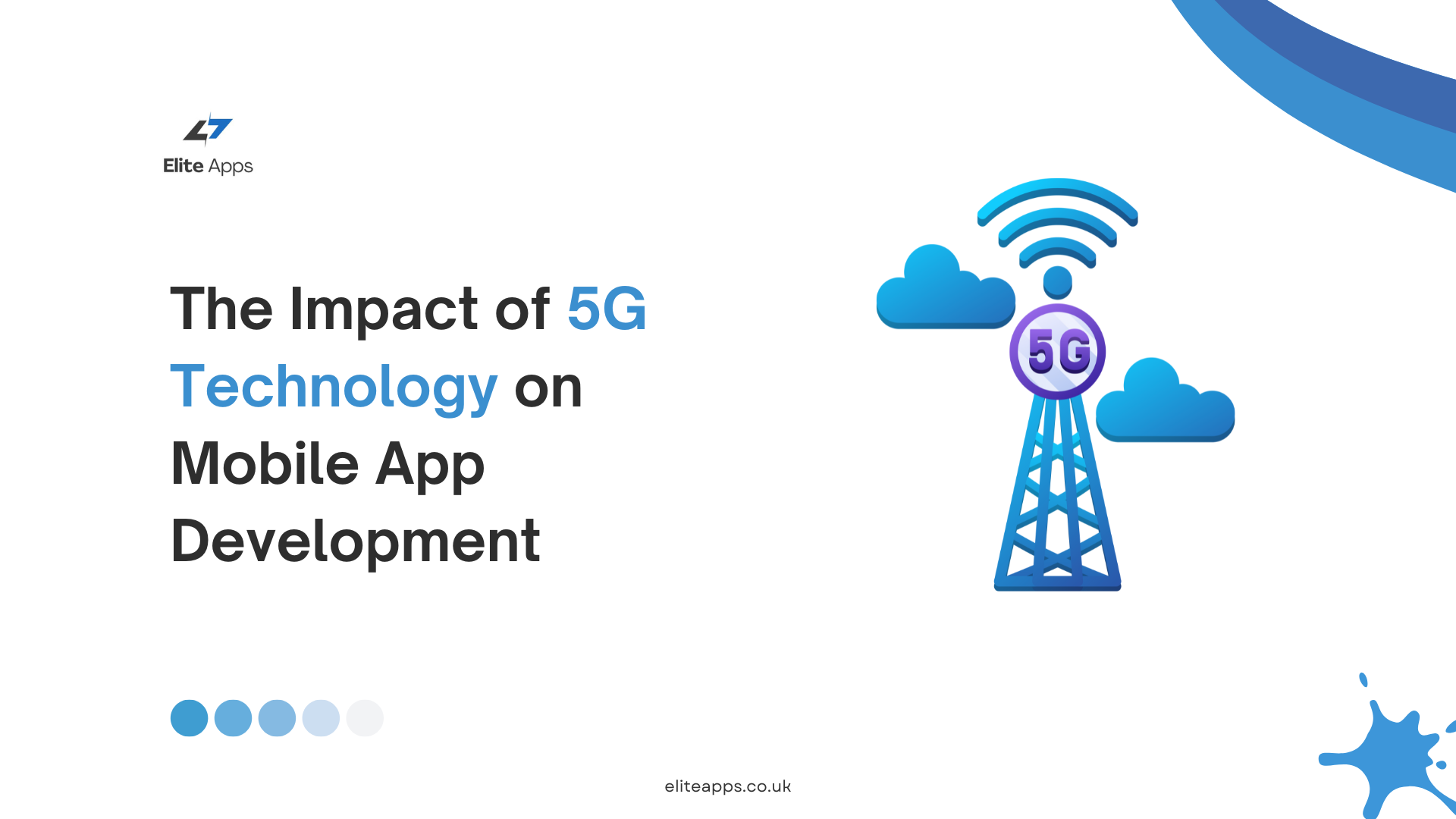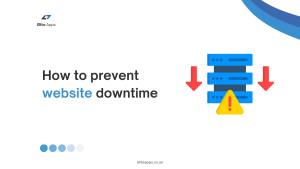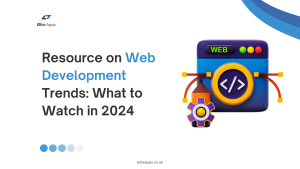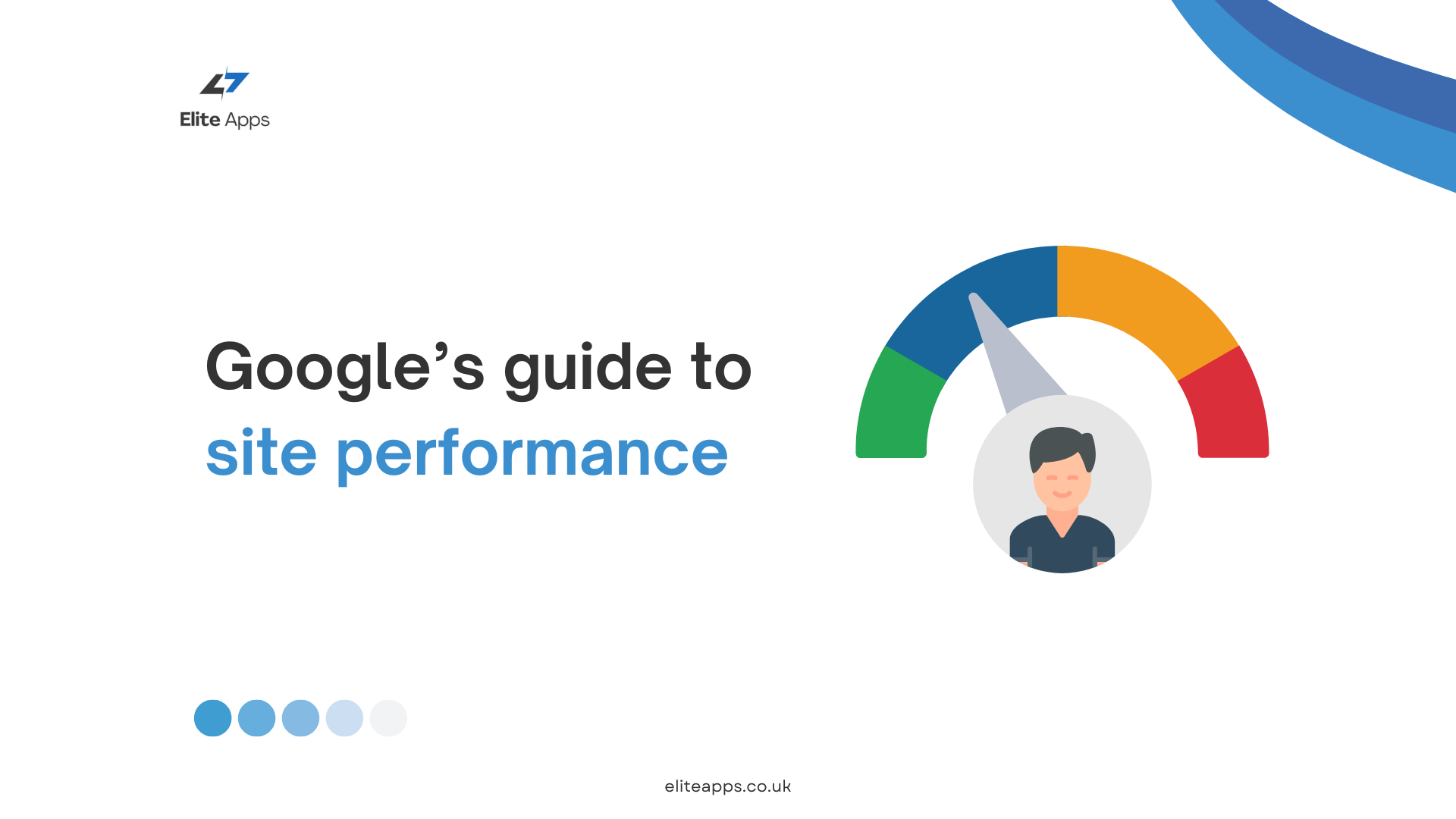The Impact of 5G Technology on Mobile App Development
The advent of 5G technology is revolutionizing industries across the globe, and mobile app development is no exception. With the promise of faster speeds, lower latency, and enhanced connectivity, 5G is set to transform how mobile apps are built, operated, and experienced. For developers, this is an exciting opportunity to push the boundaries of innovation and deliver apps that offer richer, more interactive, and seamless user experiences.
In this blog, we’ll explore the key ways in which 5G technology is impacting mobile app development, and what it means for the future of apps.
1. Faster Speeds: Unlocking New Possibilities
One of the most talked-about benefits of 5G is its lightning-fast speed. With download speeds up to 100 times faster than 4G, 5G significantly reduces the time it takes to transfer data. For mobile app developers, this speed opens up a world of possibilities.
Key Impacts:
- Rich Media Content: Apps that rely on high-quality video, augmented reality (AR), or virtual reality (VR) will benefit from faster data transfer. This enables developers to create more immersive, interactive experiences without worrying about lag or buffering.
- Faster App Updates: Users can download and update apps in a fraction of the time it takes with 4G, making it easier to roll out new features or patches without disrupting user experience.
- Instant Loading: The increased speed allows apps to load almost instantly, which is particularly beneficial for apps that process large volumes of data, such as gaming, streaming, and social media platforms.
Faster speeds mean users can experience mobile apps in real time, enhancing engagement and satisfaction.
2. Low Latency: Enhancing Real-time Interactions
Latency refers to the time it takes for data to travel from one point to another. With 5G, latency is dramatically reduced, bringing it down to as little as 1 millisecond in ideal conditions. This low latency opens the door for real-time interactions and applications that were previously not feasible on mobile networks.
Key Impacts:
- Real-time Gaming: Multiplayer mobile gaming will become more responsive, with real-time inputs and minimal lag. This will pave the way for cloud gaming on mobile, where the processing happens remotely and is streamed directly to the device.
- Seamless Video Calls: Video conferencing apps will benefit from low latency, ensuring smooth, high-quality video and audio without delays or interruptions.
- Improved IoT Apps: The rise of the Internet of Things (IoT) depends on low latency to facilitate communication between connected devices. 5G will allow IoT apps to perform better, offering real-time control and monitoring, whether it’s for smart homes, healthcare, or industrial applications.
Low latency is crucial for any app where real-time data transfer and interaction are required, making 5G a game-changer for mobile apps in these areas.
3. Enhanced Connectivity: Supporting More Devices
5G’s enhanced capacity allows it to support a much larger number of connected devices simultaneously. As the number of internet-connected devices grows, particularly with the rise of IoT, this is crucial for ensuring network stability and performance.
Key Impacts:
- IoT Expansion: With 5G, developers can create apps that connect to more devices, from wearables and smart appliances to connected vehicles. This opens up new opportunities in industries like healthcare, smart cities, and manufacturing.
- Edge Computing: The increase in connectivity will enable edge computing, where data processing happens closer to the user or device, rather than relying on distant data centers. This means faster responses and improved app performance, particularly for apps that require real-time data, such as autonomous vehicles or AR experiences.
The enhanced capacity and connectivity of 5G enable developers to think bigger and bolder, creating apps that interact with a vast array of devices and sensors.
4. Improved AR and VR Experiences
Augmented reality (AR) and virtual reality (VR) have seen significant growth in mobile app development, but the full potential of these technologies has yet to be realized, largely due to limitations in network speed and latency. With 5G, AR and VR experiences on mobile devices are set to improve dramatically.
Key Impacts:
- More Realistic AR/VR: 5G will allow AR and VR apps to deliver more realistic and immersive experiences. Users can interact with 3D objects in real time, without lag or glitches, making applications in gaming, education, retail, and real estate more appealing.
- Remote Collaboration: AR/VR apps can facilitate more effective remote collaboration. For example, teams could use AR to work on 3D models together in real time, regardless of their physical location.
- Mobile AR/VR Gaming: The potential for AR and VR gaming on mobile devices will skyrocket, offering users truly immersive, real-time environments.
For developers working on AR and VR apps, 5G opens up a new realm of possibilities for creating rich, interactive experiences that were previously only possible on high-powered hardware.
5. Better Cloud Integration
5G’s capabilities align perfectly with the growing trend of cloud-based apps. As data transfer speeds increase and latency decreases, developers can rely more on cloud computing for intensive tasks, reducing the need for high-end hardware on users’ devices.
Key Impacts:
- Cloud Gaming: With 5G, cloud gaming services like Google Stadia and Xbox Cloud Gaming can run more smoothly on mobile devices. Users won’t need high-end hardware to enjoy console-quality gaming experiences on their smartphones.
- Thin Clients: Mobile apps can shift more processing to the cloud, reducing the load on the device itself. This enables the development of more powerful apps that can run smoothly on lower-end devices, increasing accessibility.
- Seamless Data Syncing: Cloud-based apps, such as productivity tools and storage services, will benefit from instant data syncing across devices, providing a more seamless user experience.
By leveraging 5G, developers can focus on creating cloud-based apps that perform better, with faster data access and more powerful functionality.
6. Boosting Security and Reliability
While faster speeds and low latency are critical, 5G also improves security and reliability for mobile apps. The 5G network architecture includes advanced security protocols, ensuring that data is transferred more securely than ever before.
Key Impacts:
- Data Encryption: 5G offers stronger encryption capabilities, making mobile apps more secure and better suited for handling sensitive data in industries like finance and healthcare.
- Reliable Connectivity: With better network reliability, apps that rely on a stable connection, such as streaming services or critical communication apps, will see fewer disruptions and improved performance.
For developers building apps that require high levels of security and reliability, such as mobile banking or telemedicine, 5G offers an added layer of protection and stability.
Conclusion
The rollout of 5G technology is not just about faster internet—it’s about unlocking new potential in mobile app development. From enabling richer user experiences with AR/VR and cloud integration to supporting a larger number of connected devices and improving real-time interactions, 5G will reshape the mobile app landscape in profound ways.
For developers, this is an exciting era filled with opportunities to create more powerful, dynamic, and engaging apps. As 5G becomes more widespread, the next generation of mobile apps will take advantage of its capabilities, delivering experiences that were once thought impossible.
Want to learn more about the future of mobile app development? Stay tuned for more insights into the latest trends and technologies shaping the industry!








